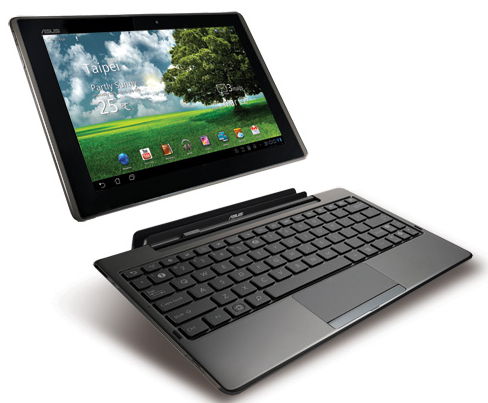Tablet maker's dilemma: cheap but different


Apple set the pricing bar for the iPad, and to the surprise of many set it extremely low. Tablet makers are scrambling to produce competing products at the iPad's entry price point, and in some cases changing strategy to accomplish that. Tablets are viewed by consumers as extra devices and not something they must have, and that makes the price very important. Buying a tablet is much like an impulse purchase, so the price must be low.
The lower the price point the more effort OEMs spend producing tablets with load-outs similar to the iPad to have a chance in the market. This takes the effort away from adding features to new tablets that make them stand out from the crowd. Without special features, tablets are competing solely on price. That is good for consumers, not so much so for tablet makers.
We've seen this situation in the past with Tablet PCs that are full laptop computers that add swivel screens allowing operation as slates. These are still available in the market and are good laptops with outstanding pen input features, but they've never penetrated the consumer market in numbers because of the higher price they command due to these extra features. Manufacturers face an extra layer of marketing to convince prospective buyers they are worth a higher price, an effort that so far has failed. It's a catch-22, extra marketing and the cost that goes with it to have a shot at selling the feature to the public, which in turn makes the product less price competitive in the market.
We are seeing the first of the Android tablets hitting the market with pricing that is competitive with the iPad, as companies know the score. So far these tablets all look much the same in the way of hardware and features. While the products appear to be good buys for the consumer, there's not much making one stand out over the others. It's going to turn into a real scramble, with pricing the only attraction to draw in buyers in significant numbers. The dilemma facing tablet makers is going to be evident very soon, and it will be interesting to see how they deal with it.
See related coverage: